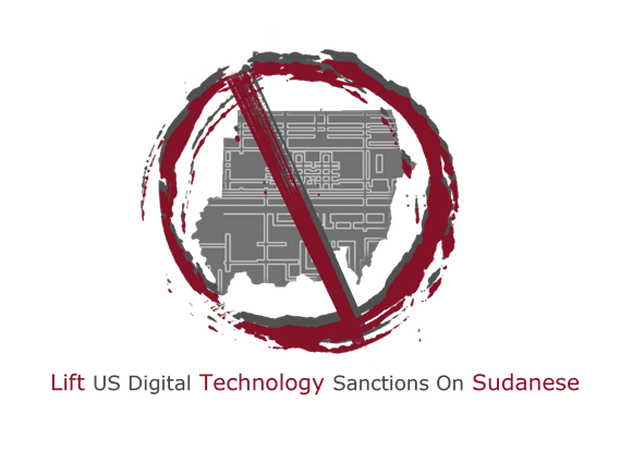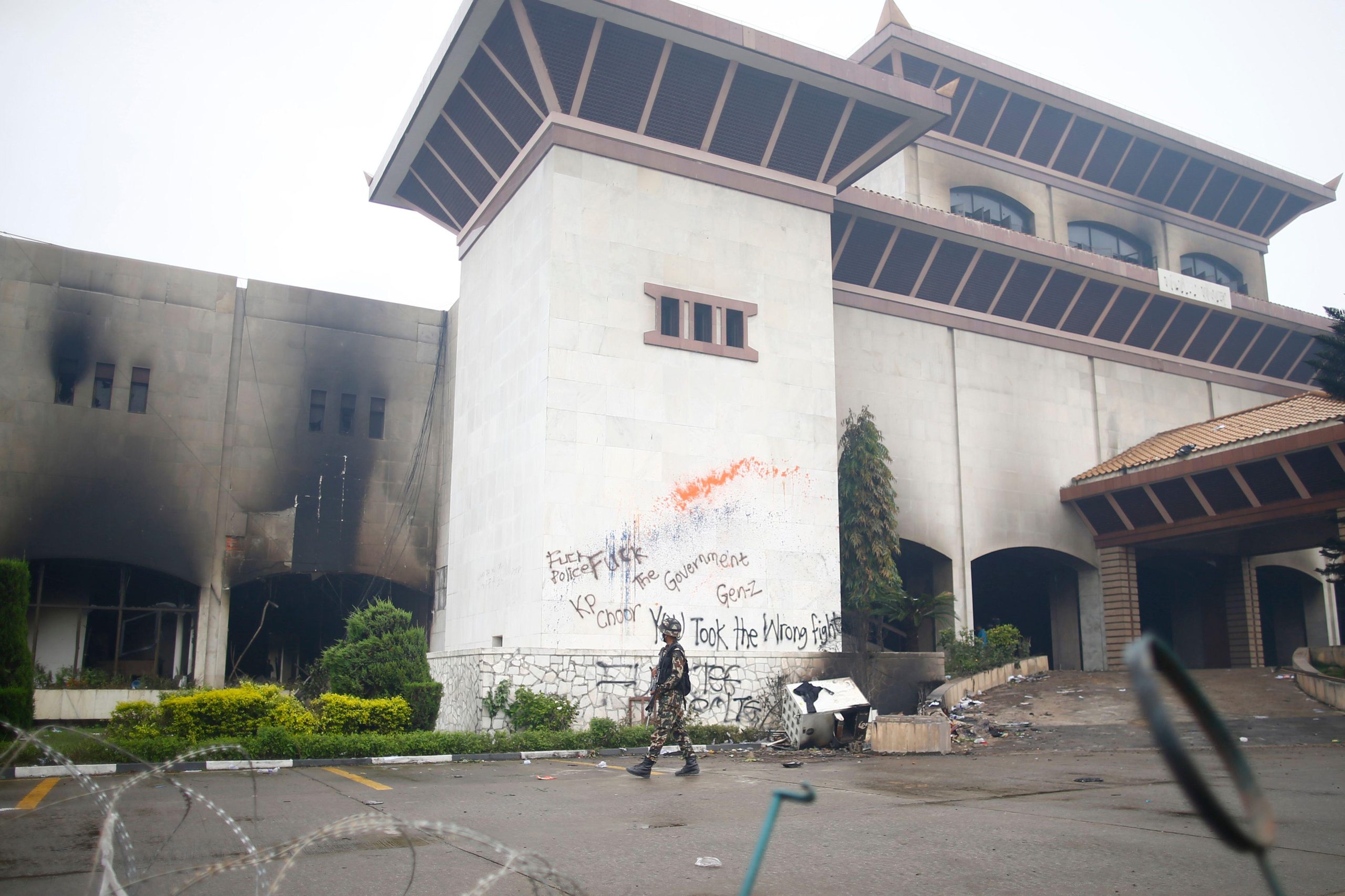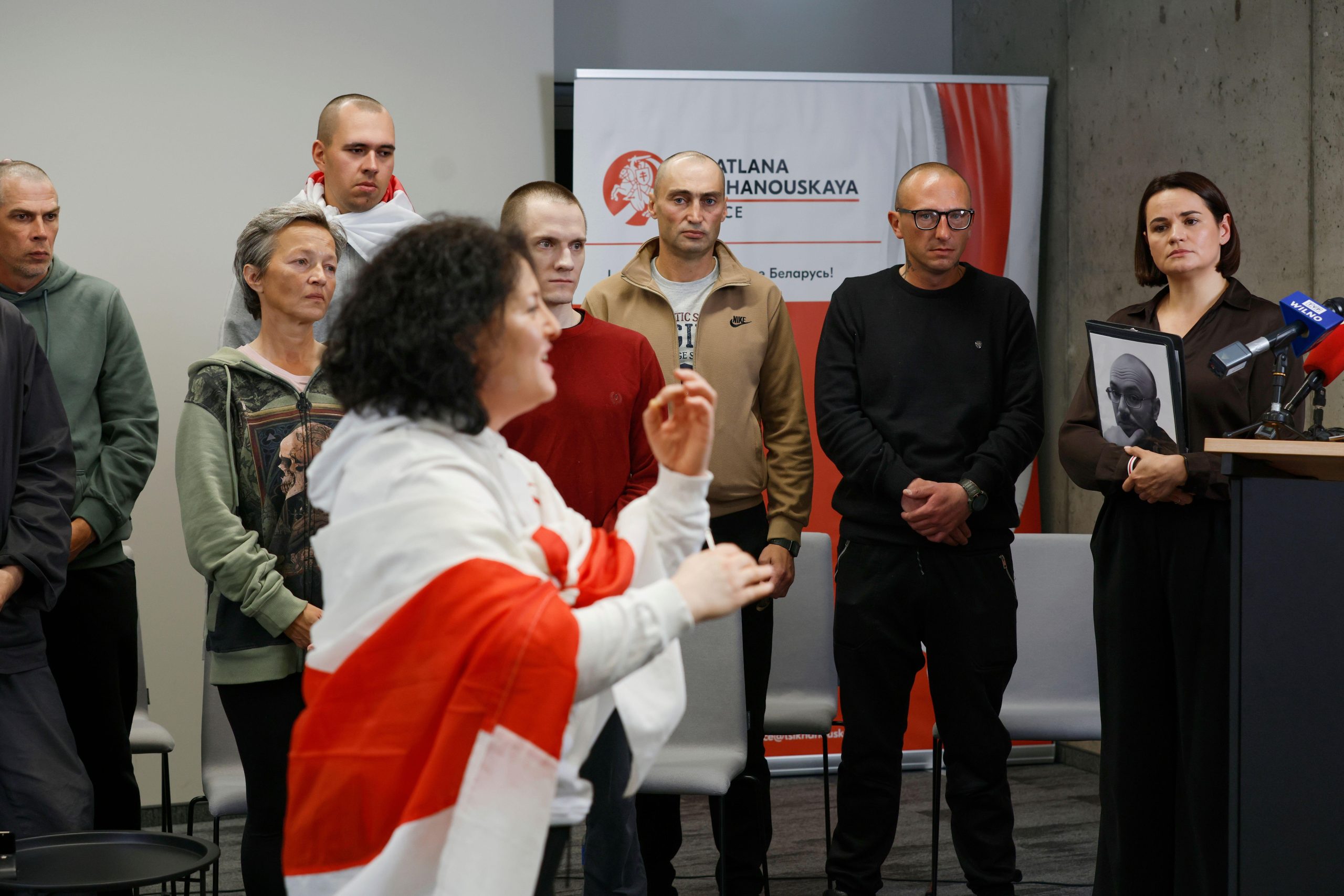The campaign video features stories from Sudanese citizens negatively affected by the US sanctions
A group of Sudanese independent civil society members this week launched a campaign under the banner “The Sudanese Initiative to Lift US Technology Sanctions from Sudan”.
The campaign aims to educate the Sudanese public and American policy-makers about the negative impact of US sanctions on the free access to information communication technologies (ICTs) and the internet in Sudan. The launch marks a year-long advocacy effort that has included talks with US-based civil society groups and the US State Department.
The demands of the campaign is that the US government revisits its sanctions regime on Sudan, on the grounds that current sanctions negatively impact Sudanese citizens’ access to ICTs in a number of sectors, including educational institutions, pro-democracy civil society and humanitarian efforts that utilise geographic information system (GIS) technology.
Although the US announced a partial lifting of sanctions relating to educational exchange in early 2013, this targets research and the free flow of information, not personal use of communication technologies.
The objective of the campaign is to give a voice to, and learn from, the stories of a range of Sudanese citizens negatively affected by these US sanctions. In the campaign video, educators, students, crisis mappers, civil society members and technology professionals recount how US sanctions are limiting their free access to knowledge and information online.
Mohammed Hashim Kambal, the campaign’s coordinator, says: “Through talking to Sudanese citizens belonging to a wide variety of sectors it is clear that US sanctions not only hampers access to independent information but also access to knowledge and to aspects of the internet related to crowdsourcing and crisis mapping.”
He stresses, however: “ We want to be clear that this is not an appeal to lift all sanctions from the Sudanese regime that continues to commit human rights atrocities. This is an appeal to empower Sudanese citizens through improved access to ICTs so that they can be more proactive on issues linked to democratic transformation, humanitarian assistance and technology education — an appeal to make the sanctions smarter”.
For example, the Sudanese pro-democracy civil society is facing great limitations from the government and the Humanitarian Aid Commission (that oversees the work of NGOs), linked to accepting foreign funding. It is impossible to directly crowdfund from Sudanese diaspora groups because of US sanctions that don’t permit the transfer of funds to or from Sudan. They therefore have to organise crowdfunding in cooperation with active members the diaspora, who in turn collect funds and send them by hand to Sudan — a process that takes time and effort.
Additionally, crisis mapping, which was very useful during the last floods in August 2013, is limited in Sudan. Crisis mappers are not able to access or purchase tools and/or applications made by American companies, such as Google (including People Finder and Google Crisis Map) or products by Esri, an American company that specialises in GIS technology.
No Sudanese inside the country can purchase original software online. Regular citizens, as well as universities, rely heavily on pirated software that cannot be updated online automatically and is often ridden with malware.
Computer science students have reported that they are unable to obtain their certificates after taking and passing online courses affiliated with US institutions such, MITx. The reason given is that certificates are not issued for countries under comprehensive US sanctions, such as Sudan, Iran, Syria, and Cuba. Additionally, online educational websites, such as Khan Academy, Google Scholar and Audacity remain blocked to users in Sudan.
Conversations with American civil society working on net freedom, about the impact of the US sanctions has yielded positive reactions but no changes in US policy yet. In early December 2013 The New America Foundation’s Open Technology Institute issued a research paper on the topic, and recommended that the US “updates” its sanctions policy to, ”reflect the need for access to personal communications technology”.
The paper concluded that, “U.S. sanctions remain outdated” in acknowledging the role of ICTs in “enabling access to information, free expression, and political dialogue”. They also added the such sanctions “in some cases effectively aid repressive regimes that seek to control access to information within their borders with negative consequences on the civilian population.”
The Open Technology Institute’s research described the sanctions on Sudan to be “the least mature” as compared to other countries, especially Iran, which bares a lot of resemblance to Sudan in terms of political context. After Iran’s “ Green Revolution” in 2009, the US government revised its sanctions on Iran twice, once in 2010 and again in 2013, dropping restrictions on ICTs and issuing detailed instructions to US technology companies clarifying what is permitted for export to Iran and what isn’t.
There’s no reason why Sudan’s technology sanctions should be lagging behind countries like Iran and Syria. It’s time the US revisits its sanctions regime on Sudan, and shows more consideration for the importance of free access to ICTs, information and knowledge on the internet.
This article was posted on 22 January 2014 at indexoncensorship.org





